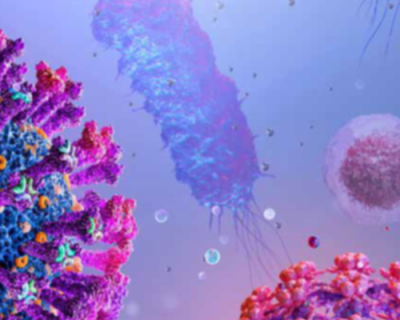Interuniversity Certificate: Infectious Diseases and Medical Microbiology
Deadline: 20 October 2025, 23:59 CET
-
Continuing education
-
English
-
-
General information
Would you like to acquire a solid foundation in infectious diseases and clinical microbiology to better understand the diagnostic, therapeutic, and preventive principles of infectious diseases? Do you want to be able to critically follow and evaluate the particularly rapid developments in this field?
The Inter-University Certificate: Infectious Diseases and Medical Microbiology is the official training program in infectious diseases and medical microbiology organized at the national level in Belgium. This two-year program (one day per month) worth 20 ECTS combines theoretical courses with practical learning through case-based discussions, simulations, and interactive sessions led by recognized academic and field experts in the domain.
This training is primarily aimed at medical specialists, pharmacists, and clinical biologists in training who are pursuing the professional title of Clinical Infectiology or Medical Microbiology. This training with examination allows them to acquire the final theoretical competencies specified in the Ministerial Decrees for obtaining these professional titles.
In addition, the course is open to all doctors with a specific interest in clinical infectiology and medical microbiology.
The training is organized by KULeuven, UGent, UAntwerpen, VUB, the Institute of Tropical Medicine, UCL, ULB, ULiège and UHasselt. It will be held from October 2025 to September 2027 at the premises of the FPS Public Health in Brussels.
More information can be found on the website of this training. Enrollments takes place via the website of UCLouvain, the coordinating institution of the next edition. The contact person is Floreta Caushaj (floreta.caushaj@uclouvain.be).
Learning objectives
Upon completion of the program, the participant will be able to:
- Understand and apply the various diagnostic methods, sensitivity testing to infectious agents, and know their principles, advantages, and limitations.
- Understand and apply the different antimicrobials, as well as their mechanisms of action, indications, side effects, and resistance mechanisms.
- Recognize major clinical syndromes and manage the diagnostic and therapeutic approach to complex infectious problems.
